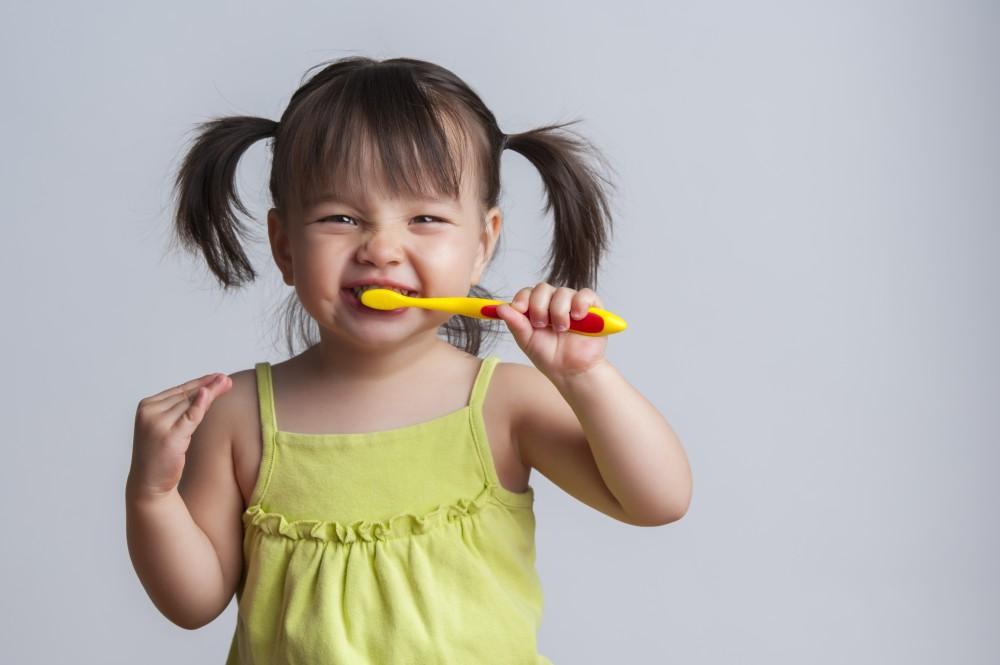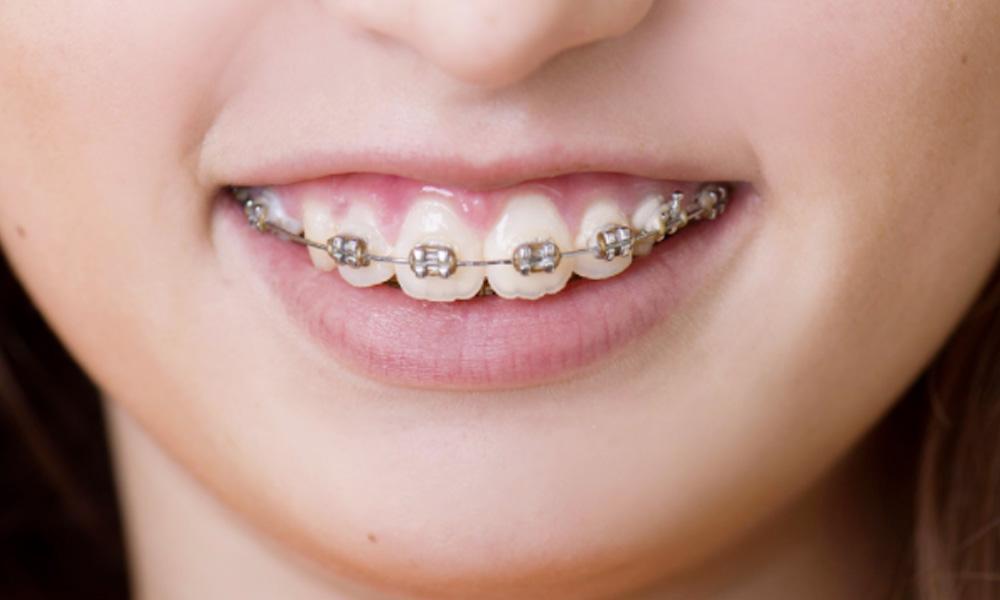Baby teeth are a mixed bag. On the one hand, you want your young child to have a healthy mouth and not fight you on toothbrushing. On the other hand, you know those teeth are going to fall out eventually anyway.
Understanding your child’s baby teeth can make them easier to care for. That’s why Dr. Scott Evans is here. In addition to offering dedicated family dentistry for your child at our office in the University Park area of Dallas, Texas, Dr. Evans and our team also aim to help educate parents about their kids’ oral health.
On that note, here are three things all parents should know about baby teeth, also called primary teeth.
1. Baby teeth erupt and fall out in a specific order
This makes sense once you think about it. Images of the baby with just one front tooth breaking through or the kid grinning with two front teeth missing have a place in your mind because baby teeth follow a specific order for both growing in and falling out.
The incisors — the four frontmost teeth on the top and the four bottom front teeth — usually come in first, followed by the canines and the first molars. The second molars generally don’t erupt for a full year or more after that. Most kids have all of their teeth except their second molars by age 2 and get those second molars by their third birthday.
Baby teeth follow the same order as kids lose them. Incisors go first, usually starting at age 6 or 7. Most children lose the rest of their primary teeth between ages 10 and 12.
2. Even one tooth warrants a trip to the dentist
You shouldn’t wait until your child has a full set of teeth to visit us. In fact, the American Academy of Pediatric Dentistry and the American Dental Association recommend that parents bring their child to the dentist within six months of the first tooth erupting, or by their first birthday, whichever comes first.
That might seem early, but this accomplishes two goals. First, it allows us to monitor your child’s oral health. Keeping their gums healthy matters just as much as protecting their teeth from decay, and they have gums from the moment they’re born.
Second, it lets us monitor their teeth as they come in. This way, we can help you decide when it’s time to make changes to protect your child’s teeth, like weaning from a bottle or nipping that thumb-sucking habit in the bud.
3. You should use toothpaste with fluoride as soon as the first tooth arrives
Fluoride is a natural mineral that helps to keep kids’ teeth healthy and strong.
Not only does the American Academy of Pediatrics say that fluoride is safe for kids, but doctors specifically recommend using a small smear of toothpaste with fluoride in it as soon as your child gets their first tooth. When they turn 3, graduate to a pea-sized amount of fluoridated toothpaste.
Clearly, there’s a lot to consider with your child’s baby teeth. We can help. To ensure that your child gets the cleanings and care they need to protect their oral health, call Scott Evans, DDS, at 214-337-5202 today.




